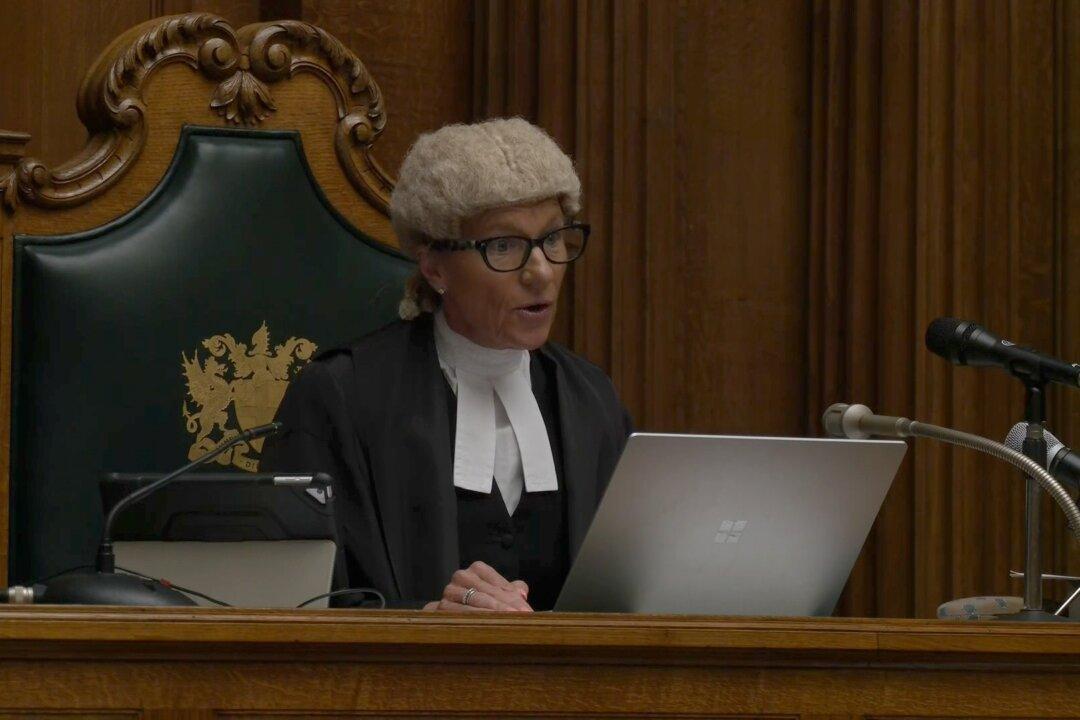Television cameras were allowed in an English court for the first time following a change in the law that allows the broadcasting of judges’ sentencing of serious crimes in the UK.
Judge Sarah Munro QC made legal history on July 28 as she sentenced 25-year-old Ben Oliver in front of cameras to life imprisonment with a minimum term of 10 years and eight months.





